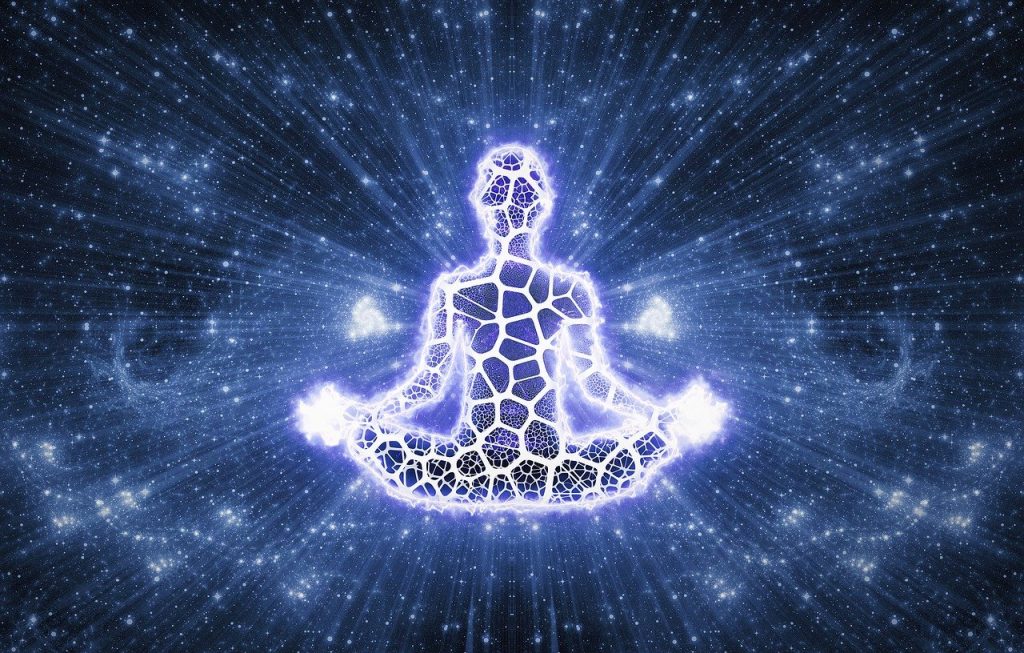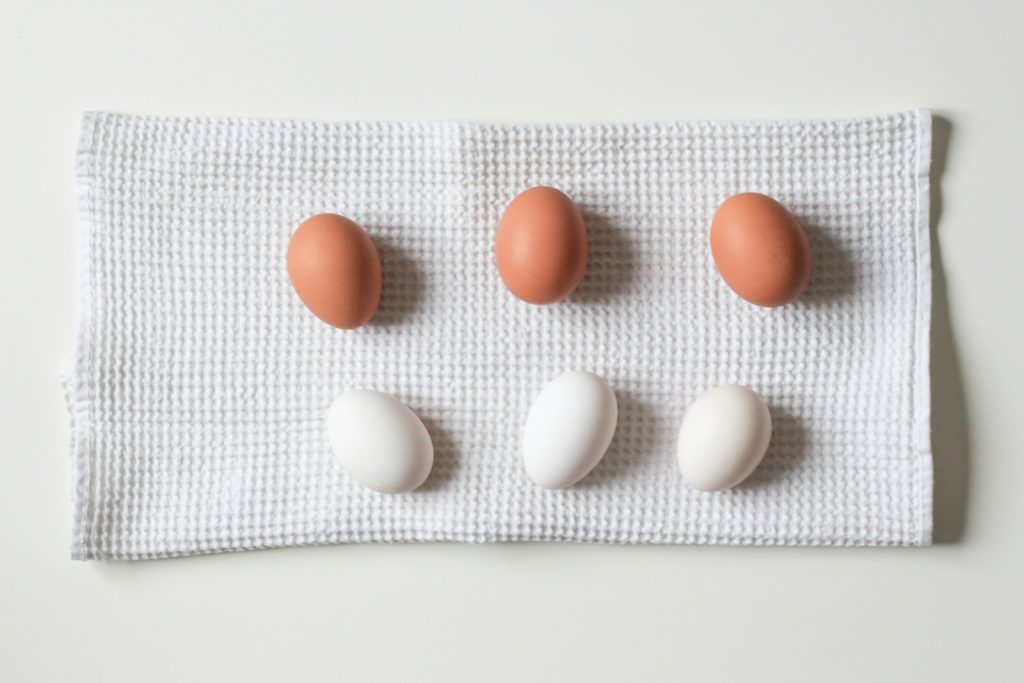Why Do We Feel Guilt – Proven Ways to Reduce Guilt and Restore Inner Balance
When a baby opens their eyes to the world, they rely on five primal emotions to survive and thrive:
- Fear
- Joy
- Disgust
- Curiosity
- Sadness
These emotions shape how we navigate life. Infants express them unfiltered: they cry when scared, laugh unreservedly when joyful, spit out food they dislike, and explore their surroundings with relentless curiosity. As they grow, cultural norms, familial dynamics, and societal expectations expand their emotional repertoire. Emotions like disappointment, pride, hatred, and guilt emerge—feelings deeply intertwined with our upbringing.
In a nurturing environment, compassion flows naturally. But in hostile or critical settings, we may inherit emotional burdens—chronic anxiety, defensiveness, or guilt. Why do some of us carry endless guilt, as if personally responsible for melting Antarctic glaciers? And why do others radiate optimism or simmer with suppressed rage? The answers often lie in childhood conditioning.
Guilt in Literature and Life
Psychology defines guilt as the discomfort we feel after transgressing societal or moral boundaries. Societies rely on shared rules (e.g., prohibitions against theft, violence, or deceit) to maintain order. Healthy guilt acts as a moral compass—Dostoevsky’s Crime and Punishment illustrates how guilt torments the murderer Raskolnikov, preventing him from repeating his crime.
Yet toxic guilt is different. It stems not from harm we’ve caused, but from internalized shame. For example:
- A child blamed for their parents’ unhappy marriage absorbs guilt like a sponge.
- Growing up in rigid, judgmental environments breeds guilt over personal choices (e.g., career paths, relationships).
- Overpraised children may crumble under self-imposed pressure to meet unrealistic expectations.
Breaking Free from Chronic Guilt
- See Your Truth
Acknowledge desires and values that clash with familial or cultural norms. Self-awareness begins with observing yourself without others’ judgments. - Accept Your Truth
Squeezing into others’ molds only fuels shame. Authenticity weakens irrational guilt. - Let Go of Self-Centered Guilt
Chronic guilt often masks a distorted sense of omnipotence—as if you could single-handedly fix the world’s problems. Humility lightens this burden. - Seek Support
Therapy digs into guilt’s roots. If that’s inaccessible, journaling patterns (“When do I feel guilt? Why?”) reveals triggers. - Let Guilt Guide Growth
Guilt can signal misalignment with your values. For example, failing to prioritize health or creativity might spark productive guilt, nudging you toward positive change.







